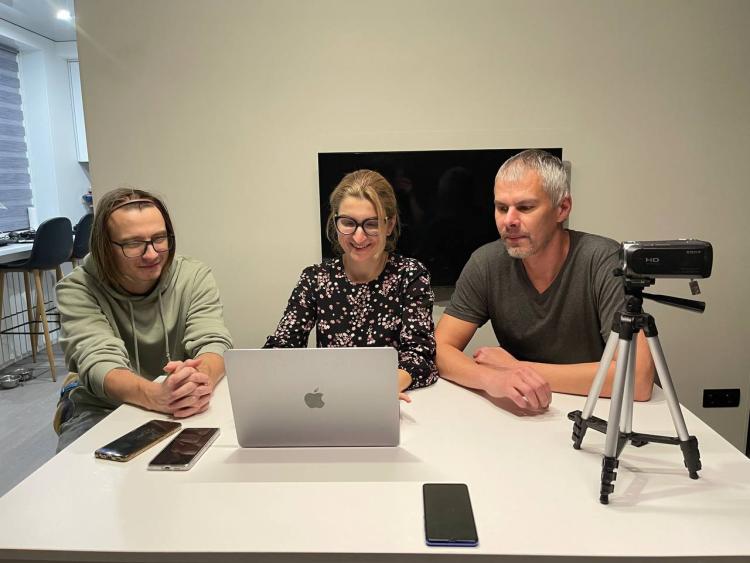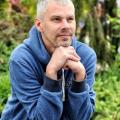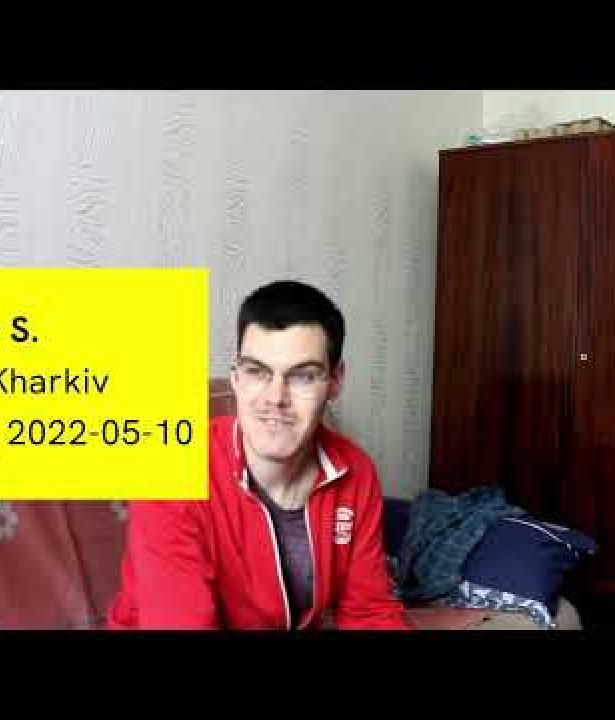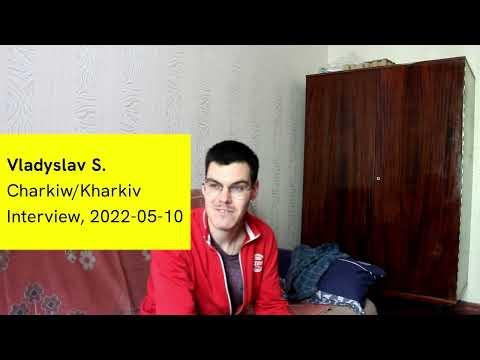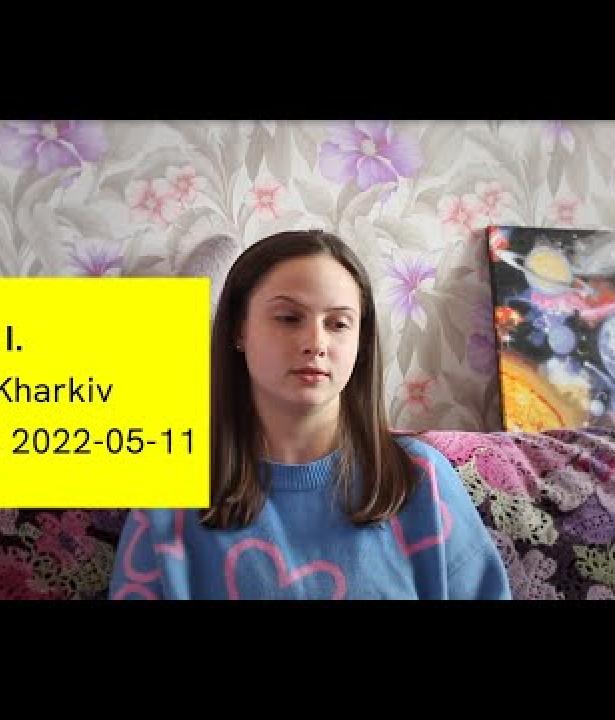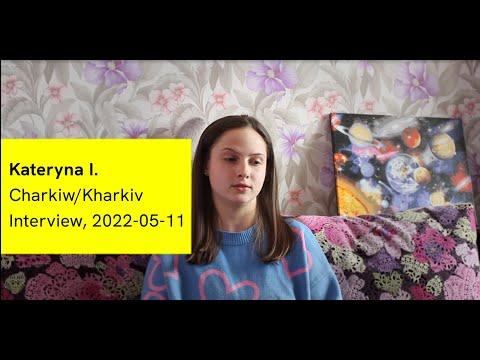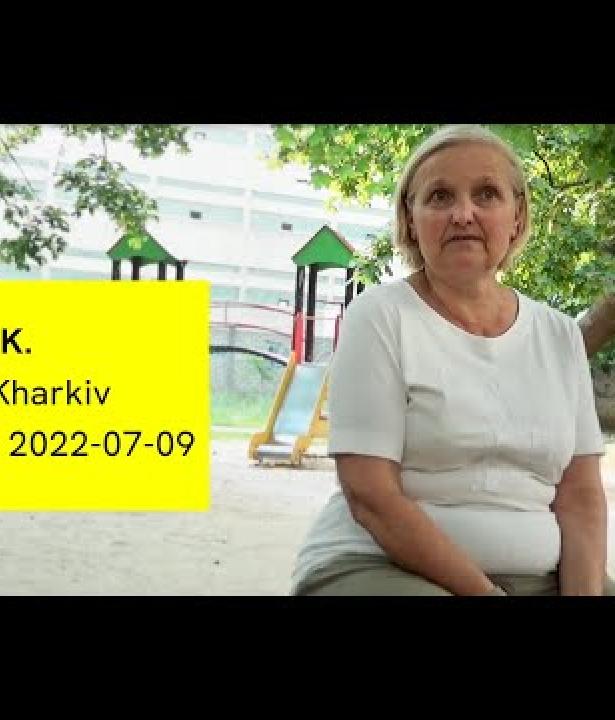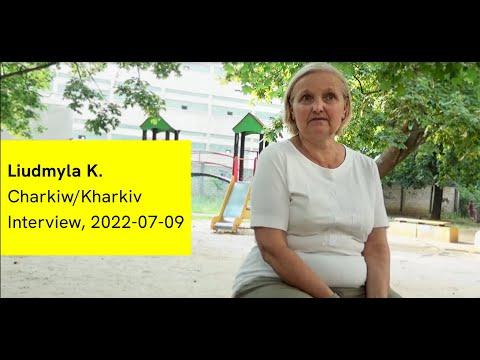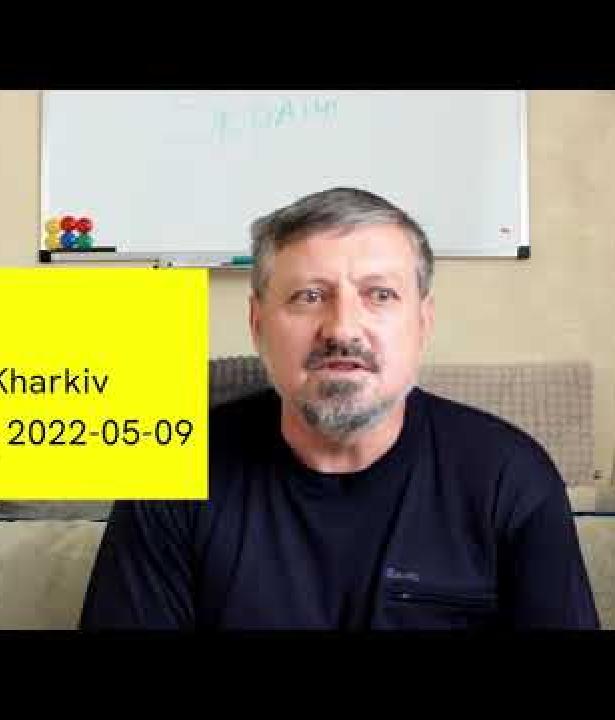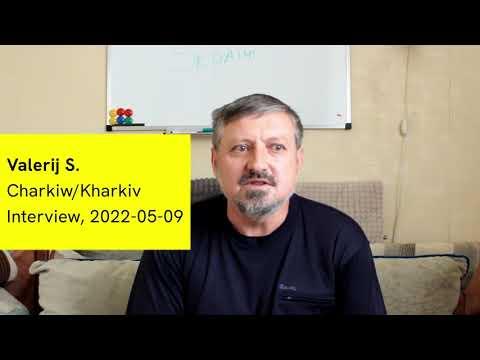The interviews about the first months of the war in Kharkiv were conducted by the NGO "Young Kharkiv". But who is "Young Kharkiv" and what goals is the NGO pursuing with its oral history project?
Text
We are a group of historians from Kharkiv. Our objective is to preserve the memory of the city and make it visible. Since the beginning of the destruction caused by the Russian invasion, we have been interviewing people from the city. Some of us had to leave the city, others have stayed here.
Since 24 February 2022 we have been forced to become witnesses to how the full-scale invasion of Ukraine by Russian troops has wreaked havoc with our lives and our daily existence. Every day we witness civilians and soldiers being killed, and sometimes these are people from our own families and our immediate acquaintance. Every day we witness residential buildings, infrastructure and cultural heritage being destroyed in our country and in our immediate environment.
The war confronts people across the whole country with an entirely new situation, irrespective of whether they live in big cities, small towns, or villages. The war has changed everything around us: it has fundamentally challenged all our values, shattered our world and changed our relationship to space, place and time. We at Young Kharkiv have decided to make it our mission to document these changes. Kharkiv has been under constant fire since the first day of this war of aggression. Our working group is composed of five people, Iryna Skyrda, Anton Skyrda, Yevhen Mikhnow, Yevhenii Telukha, and Svitlana Telukha, and we are working to preserve testimonials from citizens of Kharkiv and memories of places that they associate with their city. To this end we use video interviews to record testimonials from the city’s residents about their lives and their daily experiences as well as important places within the city, and archive them. We want to preserve places that are significant for the people of Kharkiv (“places of remembrance”) in our collective memory while at the same time making historical information about these places available.
On the Copernico portal we introduce 11 of these interviews, all recorded in the first six months of the Russian war against Ukraine. In the meantime, we have recorded more than 100 videos, which are currently stored in our personal archive. We are in the process of developing our own website, where we will eventually present them all together.
We use structured video interviews for our documentation. We ask the people of Kharkiv how they experienced places of remembrance before the war, how those places have changed since 24 February 2022, and whether it is still possible to access them today. We also ask our interviewees about their experiences at the start of the war and how they prepared emergency bags. We ask about escape, about survival strategies during wartime and about their plans for a possible new beginning following the hoped-for victory by Ukraine. We also consider it important to record stories that have given the interviewees strength and hope during the war, including stories about birthdays, celebrations and holidays and about their hopes and dreams.
This project is intended as a contribution to social history and anthropology. It is particularly concerned with the history of everyday life during the war, the experience of survival in extreme situations and forced migration.
Text
English translation: Gwen Clayton

